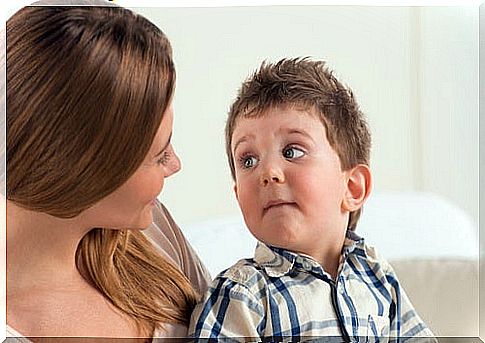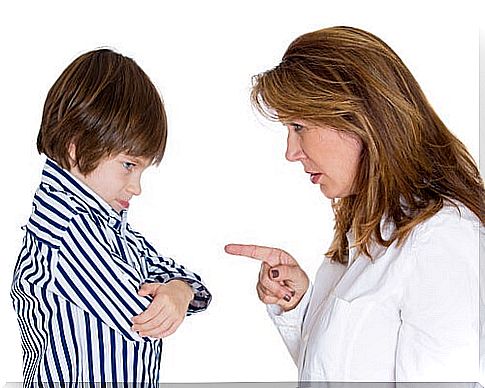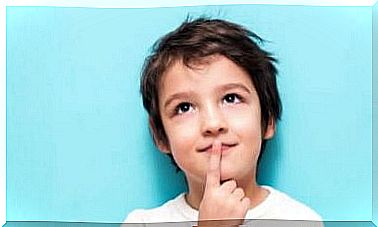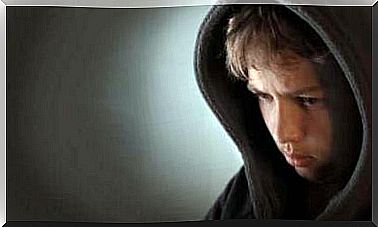Talking To Babies Versus Talking To Children: Differences

Being responsible for what we say to our children is a mandatory task for those who want their children to experience some kind of freedom when it comes to defining themselves and making important decisions in their lives.
Talking to our children and being responsible for them are mandatory tasks for those who want their children to experience some kind of freedom when it comes to defining themselves and making important decisions in their lives.
We all carry “the talk ” of our parents with us: certainly many things have served positively and others negatively for our lives. Therefore, we should all be able to assess the weight of words in our lives.
speak for the baby
When we have our baby, so small and unprotected in our arms, from day one we have the habit of talking to and for him. It is a practice that mothers usually do.
“He is cold”; “is wanting to breastfeed”; “I want to be with daddy (speaking for the baby)”. Anyway, we assume several sensations and desires of our little ones. In this way, we get to know the baby better and acquire the security that we have all the resources to take care of him. Literally “we put words in your mouth”.
It is a concept that in psychoanalysis is called Transitivism. It is an operation whereby the baby is considered a small individual who has desires that his mother is able to understand without his needing to speak.
Let’s see. When I say that my son cries because he is cold, I cover him, I sing a song, I talk to him and I manage to calm him down, the reason for crying was really the cold. What I mean is that what happens to our children early in life is what we say happens.

There is no truth about the things that happen to them that we need to guess. So, since we’re not sure, we look for the answer in a book that tells us what we should know about what’s happening to our baby at every stage of life.
As Carlos Gonzáles rightly says, it was never necessary to read books about childhood to know what to do with a child. He adds: “When there is any doubt, it is better to seek out other women and listen to their personal experience than consult the books.”
When I put into practice something that is written in a book, I disregard the fact that my child is an individual who has desires. Applying a technique or general advice is something that doesn’t take into account the context, my life and my role as a mother or father.
Therefore, we must look for a way to take care of our children, always taking into account the context, experiences and personal history of each one.
Applying techniques or recipes taken from books when caring for our children can have serious consequences for little ones. But that’s a topic for another article.
As the baby grows, he starts to acquire greater autonomy and begins to show his way of understanding and doing things. We will approve some of them and reject others.
The things we reject are often the very things they repeat from us that we don’t like or simply behaviors that are characteristic of childhood. If we pay due attention, we will know how much responsibility we have in the way our children act.
It is usually when these traits that call our attention appear that we usually make the mistake of naming these attitudes: “how aggressive”; “you are very impatient”; “what a rebel”. The problem here is that we use the verb to be too much, at an age when everything is in the process of changing.

Your child is not impatient. Children simply find it difficult to wait. So, a good way to answer them is “but son, you are such a patient child, wait a minute and mommy will come”. This is a very subtle way to avoid labeling, especially those that are negative for the child.
Educating is a kind of chess game and I usually say that the limit of education is the disposition that parents have, be it emotional or physical. On any given day we can be tired and end up talking to our children a big nonsense, which we will regret.
Educating is not about not making mistakes with your children, but about dedication (in addition to love and affection) with a child’s logic. We also have to put ourselves at the level of the child so as not to commit too many injustices.









